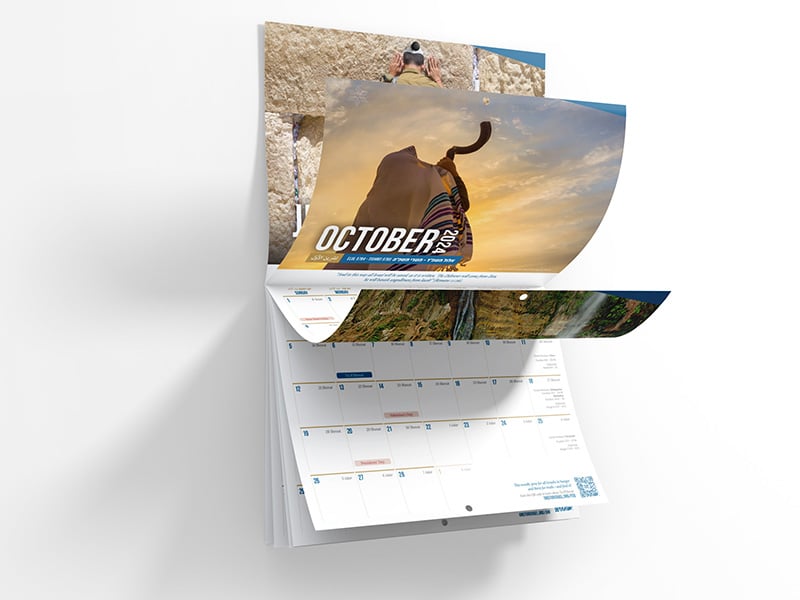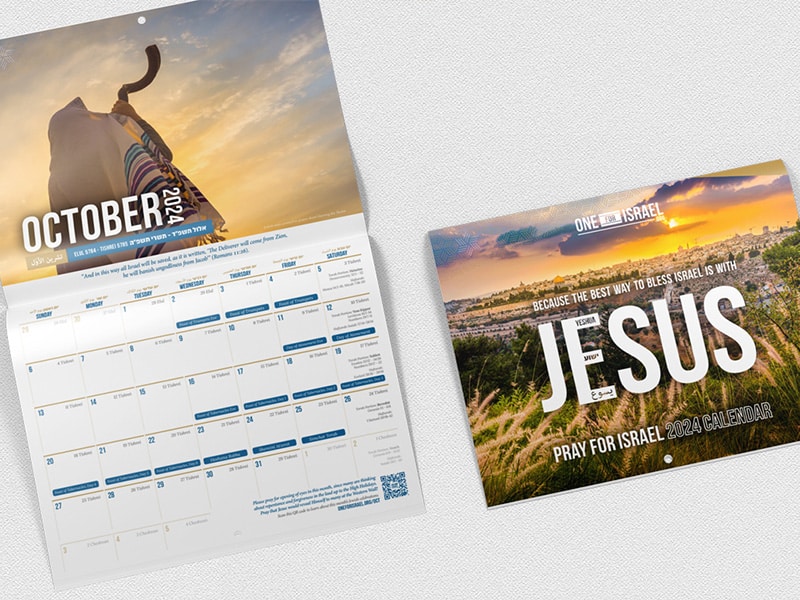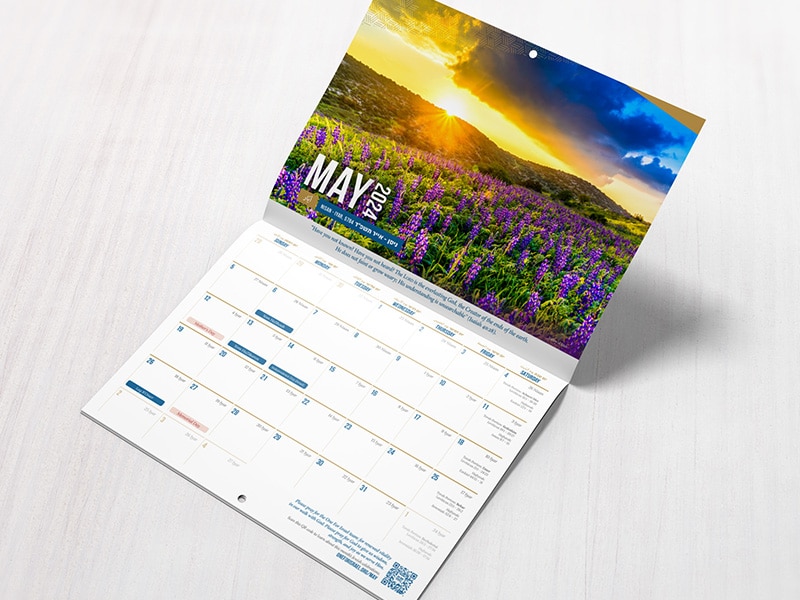Passover (or Pesach, פסח to use the Hebrew word) was, in essence, an almighty showdown. The God of Israel versus all other gods lifted up in competition and opposition. Each plague showed God’s power over each deity of the Egyptians and their supposed domains, whether it was the river, the sun, frogs, and ultimately life and death itself. Pesach precedes the great redemption written of in the Book of Revelation, which includes similar plagues and elements, but basically, God wins. Even over death. And we, His people, get to go free.
The word Pesach is a weird one though. We take it to mean “pass over”… but it’s also the word for lame. It can mean jumping or limping. Standing still or leaping over. In the story of the Exodus we can think of the Angel of Destruction leaping over the lintels, or the Angel of the Lord standing guard at the door. Either way, job done. Salvation is accomplished and death is averted. There’s another parallel place where the word pesach is used and both of the opposite meanings seem to fit, which I think also sheds light on the Feast of Passover.
Pesach in the story of Elijah
The word pesach (פסח) doesn’t appear often in the Bible, but one chapter where it appears twice is in the story of Elijah and the Prophets of Baal.
Elijah came near to all the people and said, “How long will you go limping [pesachim פֹּסְחִים] between two different opinions? If the Lord is God, follow him; but if Baal, then follow him.” And the people did not answer him a word. (1 Kings 18:21)
Here it has been translated as limping, but other versions have the prophets of Baal “halting” or even “leaping” between two opinions. Or it’s been suggested that it might also mean standing—with a foot in each camp.1
But as you can see, it sort of doesn’t matter whether they are leaping or limping, or even stuck with a food in each camp, because the meaning ends up being the same. Those Israelites are in a dilemma and have to make a choice.
Then Elijah said to the people, “I, even I only, am left a prophet of the Lord, but Baal’s prophets are 450 men. Let two bulls be given to us, and let them choose one bull for themselves and cut it in pieces and lay it on the wood, but put no fire to it. And I will prepare the other bull and lay it on the wood and put no fire to it. And you call upon the name of your god, and I will call upon the name of the Lord, and the God who answers by fire, he is God.”
And all the people answered, “It is well spoken.” Then Elijah said to the prophets of Baal, “Choose for yourselves one bull and prepare it first, for you are many, and call upon the name of your god, but put no fire to it.” And they took the bull that was given them, and they prepared it and called upon the name of Baal from morning until noon, saying, “O Baal, answer us!” But there was no voice, and no one answered. And they limped [פַסְּחוּ] around the altar that they had made. (1 Kings 18:22-26)
Straddling two sides
God is serious about idolatry. A cursory look through the book of Isaiah should convince you of that if nothing else, and the top two of the Ten Commandments are clear as day on the matter. Elijah called all Israel to gather the prophets of Baal in order to put the choice before them:
“If the Lord is God, follow him; but if Baal, then follow him”. (1 Kings 18:21)
Then he laid out the parameters of the sacrifice challenge. Several hundred years previously, Moses had also called all Israel to present these instructions for the all-important sacrifice:
Then Moses called all the elders of Israel and said to them, “Go and select lambs for yourselves according to your clans, and kill the Passover lamb. Take a bunch of hyssop and dip it in the blood that is in the basin, and touch the lintel and the two doorposts with the blood that is in the basin. None of you shall go out of the door of his house until the morning. For the Lord will pass through to strike the Egyptians, and when he sees the blood on the lintel and on the two doorposts, the Lord will pass over [פָסַח] the door and will not allow the destroyer to enter your houses to strike you. (Exodus 12:21-23)
Of course, the people of Israel were free to choose whether they wanted to follow these instructions or not. The choice and the challenge was before the people, living in subjugation and slavery in idol-worshiping Egypt, to escape death, leave slavery for good, and worship the God of Israel alone. You’d think it would be a bit of a no-brainer, but somehow so many fail to see they are in the same situation today. Similarly, the tribes of Israel on Mount Carmel had a choice and a challenge to stop halting / limping / leaping between two opinions and to put both feet firmly in one camp: “If the Lord is God, follow him; but if Baal, then follow him”. They chose Baal, to their peril.
Not gonna cut it
And they cried aloud and cut themselves after their custom with swords and lances, until the blood gushed out upon them. And as midday passed, they raved on until the time of the offering of the oblation, but there was no voice. No one answered; no one paid attention. (1 Kings 18:28-29)
Of course no one paid attention. Their “gods” cannot save. But this issue of drawing blood and self-flagellation in earnestness…. the issue of sacrifice, even sacrifice of children, shows the basic recognition that blood is somehow necessary. But this blood will not cut it.
It has to be the blood of the lamb.
We cannot do it ourselves. Only God can save us. But we have to agree to be saved.
The way the word Passover is used in Exodus can also refer to the lamb. In Exodus 12:12 we read:
Then Moses called for all the elders of Israel, and said unto them: ‘Draw out, and take you lambs according to your families, and kill the passover’.
Moses told the elders of Israel to withdraw, or draw out, and take lambs for their family, and then literally to slaughter the pesach—to slaughter the passover. English translations will add the word lamb at the end for clarity but it’s not there in the Hebrew. Moses could have simply said take passover lambs and slaughter them, but we see three actions: withdrawal, or drawing away, then taking lambs for their families, then slaughtering the pesach (singular). In the light of Elijah’s story, we can think about applying it to our own commitment to God: Withdraw from our old ways, our “idols” or false securities we tend to lean on, take hold of the Lamb of God slain on our behalf for our salvation, and kill off all hesitation and wavering between God and idolatry.
Choose this day whom you will serve
We read in Exodus 12:38 that a “Mixed multitude” of Egyptians went with the Israelites on their way out. The offer was open to Israelites and Egyptians to choose to believe and obey the God of Israel or trust their own systems and deities. Those who took the leap of faith and chose to follow the God of Israel were saved.
Instead of straddling two sides, with a foot in each camp, take this opportunity today to choose which camp you will plant both your feet. This Pesach, make your decision not to limp between two opinions, but to firmly choose to commit your life and future to the God of Israel, putting aside anything else that competes for your affection, time, and heart. Leave the land of slavery and escape with Him. Make all else second under God and worship Him only—the Almighty One who saves you and who loves you.
“Now therefore fear the Lord and serve him in sincerity and in faithfulness. Put away the gods that your fathers served beyond the River and in Egypt, and serve the Lord. And if it is evil in your eyes to serve the Lord, choose this day whom you will serve, whether the gods your fathers served in the region beyond the River, or the gods of the Amorites in whose land you dwell.
But as for me and my house, we will serve the Lord.” (Joshua 24:14-15)
Photo by Mario Gogh on Unsplash














